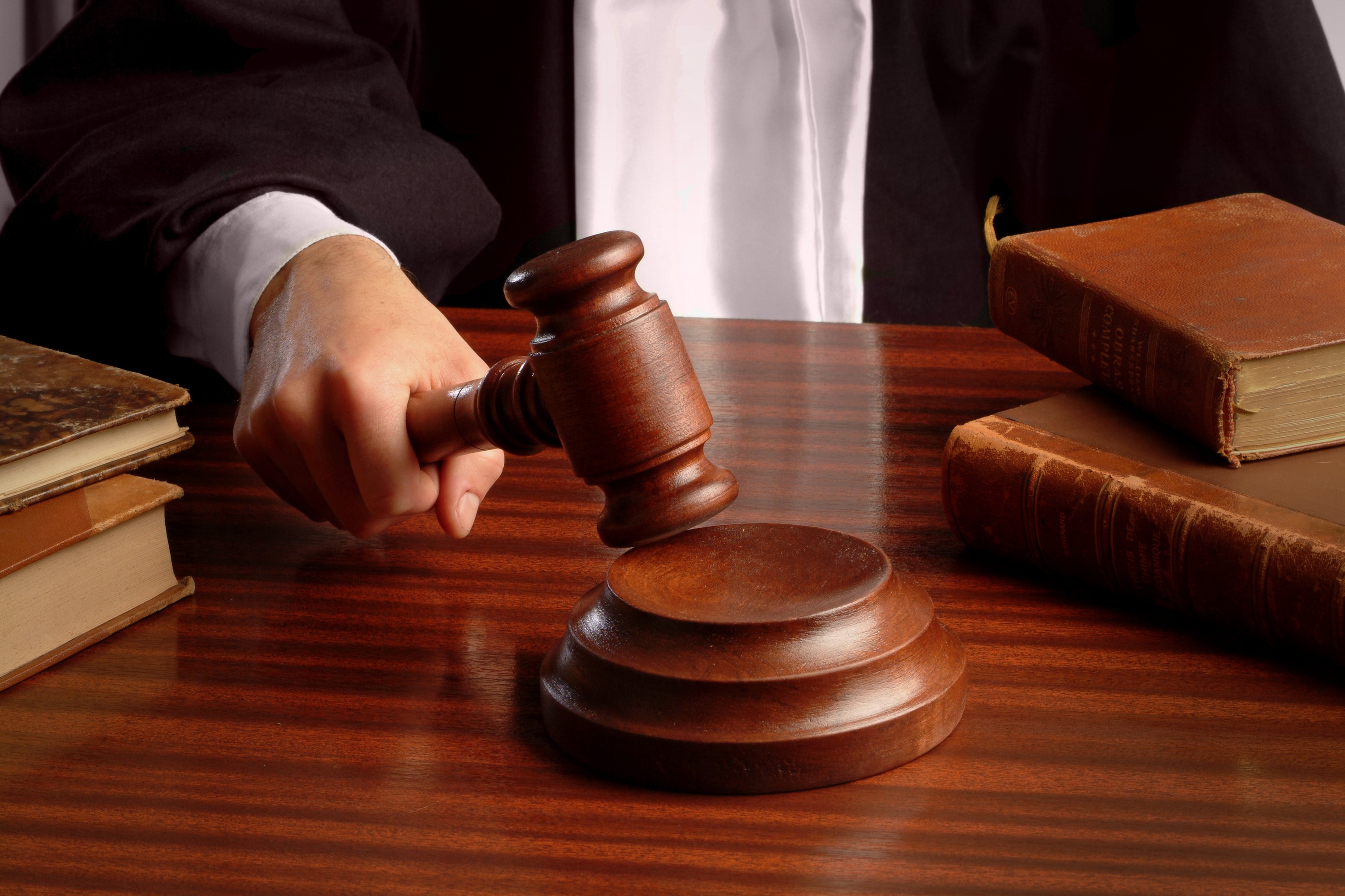Lord Chief Justice allows Twitter in court
Tweeting from the court room will become usual practice, thanks to the Lord Chief Justice.


The rules on communications devices in court rooms could be overhauled as the head of the England and Wales Judiciary allows tweeting from court as an interim measure.
The Lord Chief Justice, Lord Judge, has ruled live text communications should be allowed during trials but only if the judge in charge believed it would not interfere with the case.
Live text communications include mobile email, social media including Twitter and internet enabled laptops.
In the ruling, he said: "There is no statutory prohibition on the use of live text-based communications in open court. But before such use is permitted, the court must be satisfied that its use does not pose a danger of interference to the proper administration of justice in the individual case."
"Subject to this consideration, the use of an unobtrusive, hand held, virtually silent piece of modern equipment for the purposes of simultaneous reporting of proceedings to the outside world as they unfold in court is generally unlikely to interfere with the proper administration of justice."
The ruling is only temporary, however, and a consultation about an ongoing code of practice will begin soon. It will involve the Judiciary, the Secretary of State for Justice, the Attorney General, the Director of Public Prosecutions, the Bar Council and the Law Society, the Press Complaints Commission and the Society of Editors.
Members of the public who want to put their views across will also be able to contribute via the Judiciary's website.
Get the ITPro daily newsletter
Sign up today and you will receive a free copy of our Future Focus 2025 report - the leading guidance on AI, cybersecurity and other IT challenges as per 700+ senior executives
The move to allow Twitter in court came as a result of the Julian Assange bail hearing held last week, The presiding judge, Howard Riddle, granted reporters permission to tweet updates from the case at the City of Westminster Magistrates' Court as he had no objections.
The Criminal Justice Act 1925 still prohibits the use of photography and sound recording equipment in court rooms.
Jennifer Scott is a former freelance journalist and currently political reporter for Sky News. She has a varied writing history, having started her career at Dennis Publishing, working in various roles across its business technology titles, including ITPro. Jennifer has specialised in a number of areas over the years and has produced a wealth of content for ITPro, focusing largely on data storage, networking, cloud computing, and telecommunications.
Most recently Jennifer has turned her skills to the political sphere and broadcast journalism, where she has worked for the BBC as a political reporter, before moving to Sky News.
-
 Should AI PCs be part of your next hardware refresh?
Should AI PCs be part of your next hardware refresh?AI PCs are fast becoming a business staple and a surefire way to future-proof your business
By Bobby Hellard
-
 Westcon-Comstor and Vectra AI launch brace of new channel initiatives
Westcon-Comstor and Vectra AI launch brace of new channel initiativesNews Westcon-Comstor and Vectra AI have announced the launch of two new channel growth initiatives focused on the managed security service provider (MSSP) space and AWS Marketplace.
By Daniel Todd
-
 Who owns the data used to train AI?
Who owns the data used to train AI?Analysis Elon Musk says he owns it – but Twitter’s terms and conditions suggest otherwise
By James O'Malley
-
 Elon Musk confirms Twitter CEO resignation, allegations of investor influence raised
Elon Musk confirms Twitter CEO resignation, allegations of investor influence raisedNews Questions have surfaced over whether Musk hid the true reason why he was being ousted as Twitter CEO behind a poll in which the majority of users voted for his resignation
By Ross Kelly
-
 Businesses to receive unique Twitter verification badge in platform overhaul
Businesses to receive unique Twitter verification badge in platform overhaulNews There will be new verification systems for businesses, governments, and individuals - each receiving differently coloured checkmarks
By Connor Jones
-
 Ex-Twitter tech lead says platform's infrastructure can sustain engineering layoffs
Ex-Twitter tech lead says platform's infrastructure can sustain engineering layoffsNews Barring major changes the platform contains the automated systems to keep it afloat, but cuts could weaken failsafes further
By Rory Bathgate
-
 ‘Hardcore’ Musk decimates Twitter staff benefits, mandates weekly code reviews
‘Hardcore’ Musk decimates Twitter staff benefits, mandates weekly code reviewsNews The new plans from the CEO have been revealed through a series of leaked internal memos
By Connor Jones
-
 Twitter could charge $20 a month for 'blue tick' verification, following Musk takeover
Twitter could charge $20 a month for 'blue tick' verification, following Musk takeoverNews Developers have allegedly been given just seven days to implement the changes or face being fired
By Rory Bathgate
-
 Twitter reports largest ever period for data requests in new transparency report
Twitter reports largest ever period for data requests in new transparency reportNews The company pointed to the success of its moderation systems despite increasing reports, as governments increasingly targeted verified journalists and news sources
By Rory Bathgate
-
 IT Pro News In Review: Cyber attack at Ikea, Meta ordered to sell Giphy, new Twitter CEO
IT Pro News In Review: Cyber attack at Ikea, Meta ordered to sell Giphy, new Twitter CEOVideo Catch up on the biggest headlines of the week in just two minutes
By IT Pro